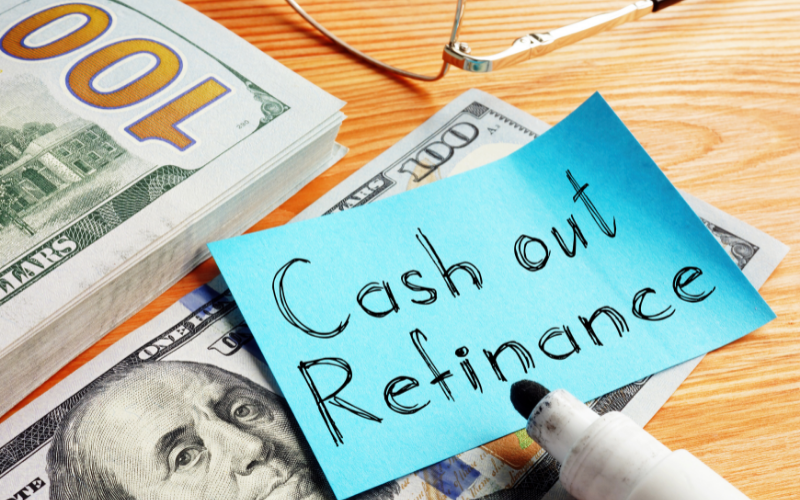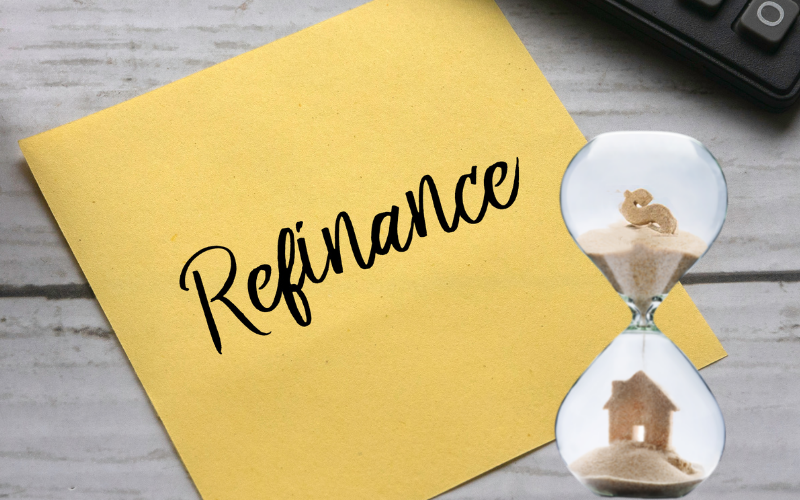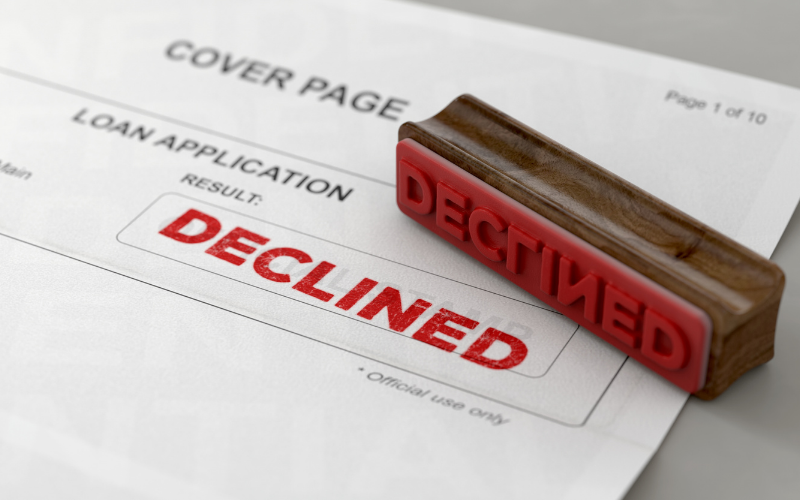How Can A Cash-Out Refinance Help You?
 If you have been in your home for a while, you might be able to refinance. If your credit score has increased, your income has gone up, or the average home loan interest rate has gone down, you might be able to conduct a cash-out refinance. During this process, you can keep your mortgage payments the same, secure a lower interest rate, and withdraw the difference as cash. What can you do with this extra cash?
If you have been in your home for a while, you might be able to refinance. If your credit score has increased, your income has gone up, or the average home loan interest rate has gone down, you might be able to conduct a cash-out refinance. During this process, you can keep your mortgage payments the same, secure a lower interest rate, and withdraw the difference as cash. What can you do with this extra cash?
You Can Make Improvements To Your Home
One of the most popular ways people use a cash-out refinance is to increase the value of their homes. For example, you may want to use the money from a refinance to upgrade the kitchen. Or, you might want to use a cash-out refinance to add an addition to your home. You can also use the proceeds from a refinance to handle expensive home repairs. If you want to increase the value of your home, you can tap into the equity in your home through a cash-out refinance.
You Can Pay Off Student Loans
Another popular way to use a cash-out refinance is to pay off existing debt. For example, you can use the cash from this refinance to pay off a car loan, credit card debt, or student loans. Some people have hundreds of thousands of dollars in student loans, and it can take decades to pay them off. If your mortgage has a lower interest rate than your student loans, you may want to use a cash-out refinance to pay off your student loans.
You Can Pay Expensive Medical Bills
Finally, you can also use a cash-out refinance to cover emergency expenses. If you have expensive medical bills, you might want to use a cash-out refinance to cover these costs. A cash-out refinance can help you in a pinch.
Consider A Cash-Out Refinance For Your Home
These are just a few of the many ways you might be able to use a cash-out refinance to help you. If you are interested in refinancing your home loan, you should work with a professional who can point you in the right direction. You can secure the best terms possible, withdraw the maximum amount of cash, and ensure you still pay off your mortgage on time.
 If you want to save money on your mortgage, refinancing your house could be a great move. As long as you have plenty of equity and a great credit score, you should be able to qualify for the refinance process. At the same time, you might be wondering, how long will it take you to refinance your house? There are several factors to keep in mind, so be sure to work with a professional who can walk you through the process.
If you want to save money on your mortgage, refinancing your house could be a great move. As long as you have plenty of equity and a great credit score, you should be able to qualify for the refinance process. At the same time, you might be wondering, how long will it take you to refinance your house? There are several factors to keep in mind, so be sure to work with a professional who can walk you through the process. If you want to save money on your home loan, you might want to refinance. During the refinancing process, you could secure a better interest rate on your home loan. You could also withdraw cash from your home’s equity value to cover other expenses. Similar to a regular mortgage application, some refinance applications are denied. Why is this the case, and what should you do next?
If you want to save money on your home loan, you might want to refinance. During the refinancing process, you could secure a better interest rate on your home loan. You could also withdraw cash from your home’s equity value to cover other expenses. Similar to a regular mortgage application, some refinance applications are denied. Why is this the case, and what should you do next?